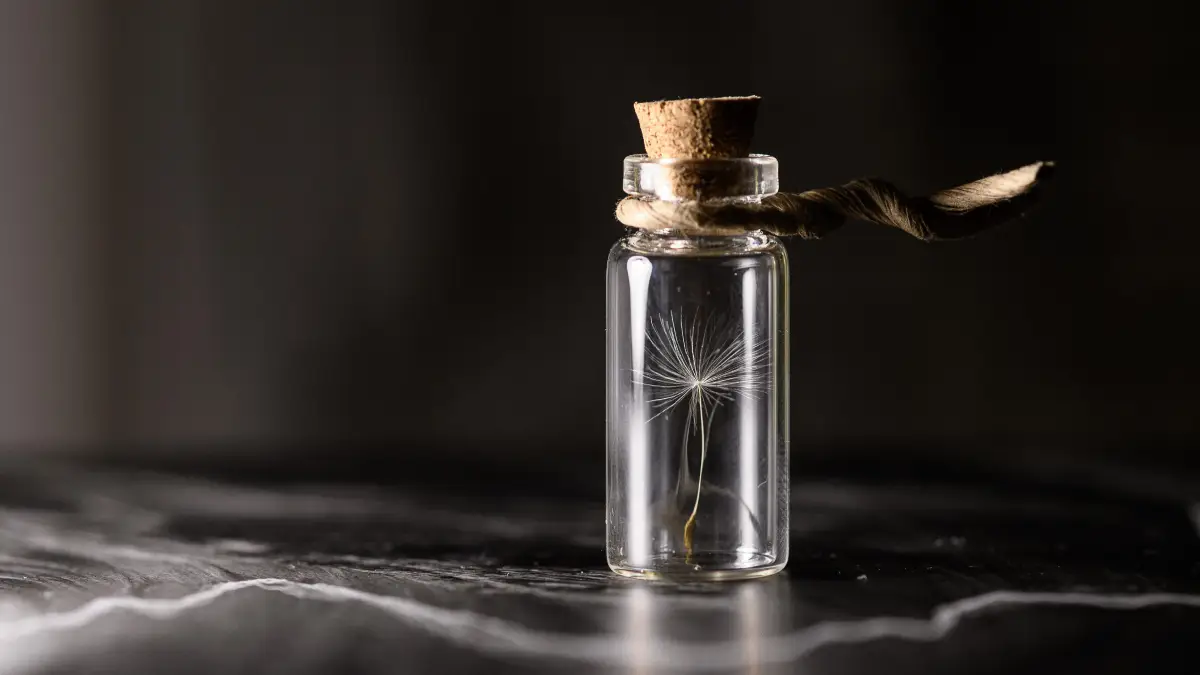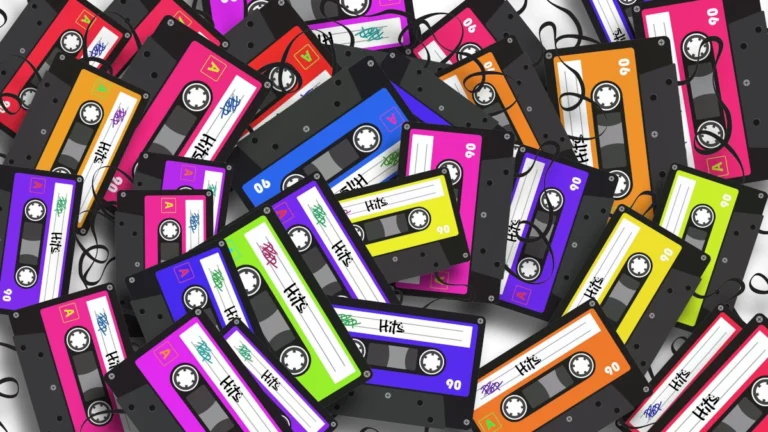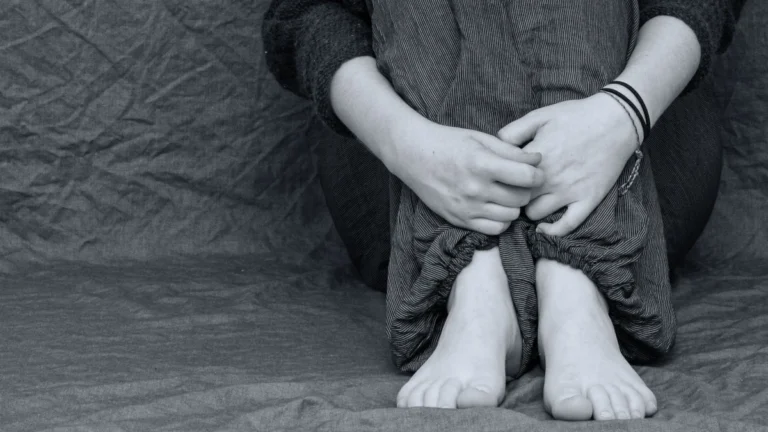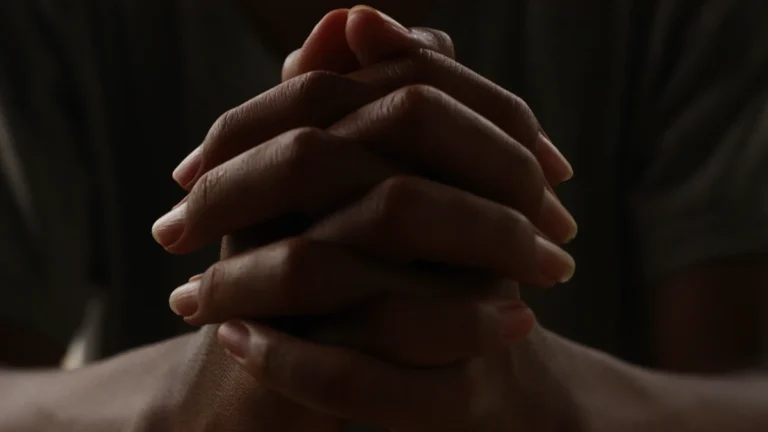A Midlife Lament in One Act, Three iPads, and Zero Chickens
In 2010, I committed an act of spiritual fraud. I bought an iPad.
Yes, I know. Not exactly the kind of thing you’d chisel onto a tombstone. Not unless your aim is posthumous ridicule. It’s also not a fact that gets you laid, promoted, or applauded at dinner parties—unless you’re dining with a particularly excitable group of Apple shareholders.
But there I was, April 2010, loitering around Columbus Circle like a tech-obsessed moth circling a corporate flame. A crowd had gathered outside the Apple store—one of those giddy, cult-like gatherings Americans excel at. Naturally, I followed the gravitational pull of glass and hype. When in Rome…
And there it was. The slab. A screen without a keyboard. No buttons. No explanation. Just… touch it. They called it the iPad.
I hadn’t planned on buying it—hell, I didn’t even know what “it” was. But I stumbled out of that temple of brushed aluminum with one under my arm, grinning like I’d just nicked fire from the gods. My inner Magellan thought he’d discovered the future.
That slab of glass wasn’t just overpriced—it was a prophecy. Of how far I’d wandered from the kid who once thought frugality was a superpower.
Fast forward a week. I swaggered into a management meeting back in Austria and whipped out the iPad like it was a lightsaber. People gasped. They stared. I could’ve pulled a live cobra out of my briefcase and caused less of a stir.
I adored it. I adored me, holding it. I was a one-man marketing campaign for the Church of Steve Jobs. Frugal? Please. I was the patron saint of conspicuous consumption. The high priest of shiny object syndrome. I didn’t just worship novelty—I evangelized it. I confused envy for admiration and snorted that feeling like powdered success.
But here’s the thing about a dopamine hit: the comedown is brutal.
Within months, everyone had one. Infants had iPads. Cats had iPads. IKEA probably sold them with bookshelves. The sacred slab went from status symbol to subscription freebie in record time. It was no longer a marvel—it was landfill in waiting.
And so ended another brief, expensive chapter in my lifelong attempt to stand out through possessions rather than presence. A recurring motif in the opera of my life, with only slight variations in costume.
But this shiny new persona hadn’t always been the dominant character.
Ask my sixteen-year-old self what he wanted from life, and he’d have given you a starry-eyed manifesto: See the world. Collect stories, not things. And when I’m old and leathery, retire to French Polynesia, raise chickens, and live like a sunburned peasant king with stories for scars and nobody left to perform for.
Absurd? Sure. Romantic? Absolutely. But at least it was honest.
Back then, I practiced a kind of frugality that wasn’t born of lack, but of rebellion. A deliberate simplicity—a raised middle finger to the cult of more. I didn’t want to own things. I wanted to do things.
And I did.
How many people can say they biked from Vienna to Sudan? Or crossed parts of the Sahara on foot, sleeping in sand-choked police courtyards that smelled like fear and gun oil? Or moved to France with nothing but a reckless heart and zero French—and still clawed their way through law school to become a French lawyer?
That version of me was real. Scruffy. Raw. Untamed. And above all: free.
But then came France. And with it, the slow seduction of suits and systems. Law school sold me a different religion: corner offices instead of chickens, corporate gospel instead of adventure.
I bought the pitch. I bought everything. The suits. The oysters. The corporate cards that told me I’d “made it”—though nobody could ever explain what “it” actually meant.
Did I enjoy it? You bet your foie gras I did. To paraphrase Mel Brooks: It’s good to be the king.
And for a while, I felt close enough. I had minions. Monogrammed stationery. I knew the difference between a Merlot and a Malbec. But the problem with borrowed power is, eventually the lender comes knocking.
Because when the applause fades, when the money plateaus, when someone younger and flashier waltzes onto the stage with shinier buzzwords and a better LinkedIn banner—you feel it. The sting. The void. That familiar ache when life snatches the cookie just as you lean in for the bite.
Here’s what I learned the hard way: Frugality isn’t punishment. It isn’t anti-pleasure. It’s the quiet art of joy without depreciation.
It’s the first breath of morning air after rain. It’s the buzz of a real conversation where no one’s selling anything. It’s the kind of joy that survives memory loss and doesn’t come with an activation code.
It took me years—decades, really—to unlearn the gospel of more. Frugality doesn’t mean being poor. It means being unburdened. And that includes more than just objects. Ideas, too, can chain you. Information becomes digital cholesterol. We drown in it and call it “staying informed.”
Former Uruguayan president José Mujica nailed it. The man could’ve rolled in presidential wealth and yet lived in a cottage, drove a rusted Beetle, and stayed sane. He understood something we forget in our spreadsheet-shaped lives: Things, ideas, data—they should serve us. But more often, we serve them. At gunpoint, metaphorically speaking.
He was proof that sanity and power need not be mutually exclusive. And that freedom sometimes looks like a rusted car, not a lease on a Tesla.
When I was a young man, my grandfather died.
He had survived war, which meant he survived scarcity. And like many of his generation, he coped by hoarding. Not out of greed—but trauma. Every jar, every screw, every cracked plastic bowl had potential, had memory.
Cleaning his house felt like liquidating a Cold War logistics depot. And it wasn’t sad because he was poor. It was sad because his possessions possessed him. He couldn’t move. Couldn’t breathe. Couldn’t live—because he was too busy guarding what he had.
But the deeper wound came later. A friend of mine died not long ago. We’d known each other for years, but I’d never been inside his apartment. He always deflected. I figured he was just private.
After his death, I understood why.
The place was an archaeological site of failed dreams. Floor-to-ceiling clutter. Not creative chaos—just suffocating accumulation. He had grand plans—wanted to sail off into the sunset, die at sea, poetic and free. Instead, he died surrounded by packaging material and unopened ambitions. Not under debt. Not loneliness. Just an avalanche of packaging, postponement, and silence. He didn’t drown in poverty. He drowned in postponement.
That’s when I understood: frugality isn’t minimalism in a Pinterest sense. It’s a discipline. A ritual. A sword you wield to carve away the useless.
Yes, declutter your garage. Donate your clothes. Burn your drawer full of tangled USB cables—the USB graveyard where tangled hopes go to die. But don’t stop there.
Delete the data. I had stockpiled contract drafts like they were the Dead Sea Scrolls—hundreds of them, perfectly useless, perfectly inert, awaiting digital archaeologists. Out they went.
Then came the ghosts: abandoned projects. Dead collaborations. Pipe dreams with no plumbing. Deleted.
And finally—people.
This is where it gets awkward. Frugality includes social pruning. Some friendships are expired. Others were never friendships—just mutually convenient delusions. Keeping them doesn’t enrich you. It imprisons you in nostalgia.
We’re told that having many friends equals value. Significance. Proof that we matter. But often, it’s just noise. The more people you serve emotionally, the more you dilute your own signal. As Harry Emerson Fosdick once wrote, “The adventurous man is not afraid when he finds himself alone.” Damn right. That’s where the strength lives.
Ernst showed me what happens when frugality is forgotten. He gave everything to an idea that wasn’t his, wasn’t worth it, and paid the price in freedom. I watched it. I copied it. I almost let it devour me.
But I began decluttering years ago. My closets. My head. My calendar. My conscience.
Frugality isn’t about living with less. It’s about living with clarity. About distilling life down to what matters and tossing the rest into the fire with a smirk and a drink.
On your deathbed, you won’t crave more gadgets. Or LinkedIn endorsements. Or Instagrammable envy. You’ll want peace. And stories. And maybe, just maybe, a few chickens.
Because in the end, the real superpower isn’t money, or prestige, or some glittering gadget from Cupertino.
It’s this: The ability to walk away from what doesn’t serve you—and not look back.
Let them hoard the iPads.
I’m raising chickens—in my mind—for now.
Eggs pending.




